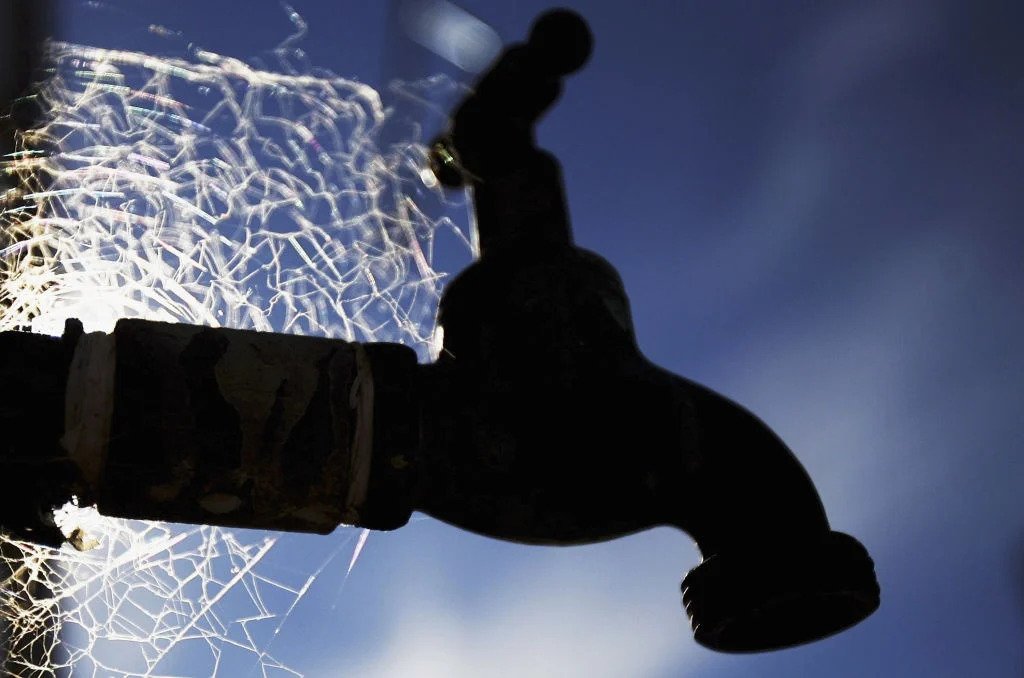

The slower we are to embrace climate action; the faster our limited groundwater resources will be exhausted, which could be a problem in the future if we experience a similar virus to Covid, writes Martin Muchangi.
Over two years into the coronavirus pandemic, the desire for pre-pandemic normalcy is becoming stronger with each passing day. No disease in recent human history has been as pervasive as Covid-19, with 470 million confirmed cases and 6 million deaths so far, and billions of dollars lost in economic productivity as global commerce ground to a halt after March 2020, when the World Health Organization (WHO) declared Covid-19 a global pandemic.
Where Covid-19 has shone a spotlight on the power of science to save lives and preserve humanity, it has also highlighted the importance of simple actions such as handwashing with clean water and soap – and reminded us that access to these basic resources is a privilege for many.
Hand-washing remains an effective tool against infectious diseases
Handwashing remains one of the most cost-effective tools in the fight against infectious diseases, including Covid-19, the common cold, flu, Hepatitis A, and diarrheal diseases, among others. Yet, according to UNICEF, more than half the global population does not have access to basic sanitation, 2.2 billion people do not have access to clean drinking water, and only three out of five people worldwide have basic handwashing facilities. In Africa, where investment in water and sanitation infrastructure is lagging far behind wealthier regions, 63 per cent of people in urban areas, equivalent to 258 million people, lack access to handwashing facilities.
The connection between clean water supply and improved health outcomes cannot be ignored. The fact that Africa’s most vulnerable populations are put at even greater risk by lack of access to such a critical resource should be cause for concern for us all – especially in light of increasing global temperatures and depletion of water sources as a result of climate change. As temperatures get warmer (2020 was one of the three warmest years in recent history) water scarcity is expected to be felt more acutely as sources both above and below ground dry up.
Water scarcity is a real problem. During this year’s World Water Day celebrations in March, whose theme was “Groundwater – Making the Invisible Visible”, our attention was drawn to the urgent need to protect groundwater. This vital resource provides half of all water used by households worldwide, a quarter of all irrigation water used in agriculture, and a third of water supply required for the industry.
Climate change is a true threat to groundwater, yet its effects have been widely underestimated. As rising temperatures increase surface water evaporation, the amount of water replenished underground is reduced. Global warming affects the infiltration and movement of water through the soil (percolation), which slows down the groundwater recharge process. The slower we are to embrace climate action; the faster our limited groundwater resources will be exhausted.
We already know that life on this planet cannot be sustained without water, so why are we doing so little to protect our water sources? According to WHO, half the world’s population will be living in water-stressed areas by 2025 – that’s in three years’ time. Given that an estimated 75 per cent of Africa’s population relies on groundwater sources – such as wells and boreholes – for drinking water and water for other domestic uses, depletion of this precious natural asset would not only result in poor nutrition it would also lead to poorer sanitation and hygiene, hampering efforts to recover from the Covid-19 pandemic and likely fuelling disease outbreaks on the continent. This would push us farther from achieving our health targets and consequently limit our ability to participate meaningfully in global economic growth and development.
A global problem
This is not an African problem, it’s a global problem and one that needs a global solution. We know that Covid-19 is not the first pandemic, and neither will it be the last, but without continued investment in ensuring access to clean water, sanitation, and hygiene for all – especially for the most vulnerable among us – we are courting the next global disease outbreak without any way of knowing how devastating it could be.
In the words of Kelly Ann Naylor, UNICEF Associate Director of Water, Sanitation and Hygiene: “It’s unacceptable that the most vulnerable communities are unable to use the simplest of methods to protect themselves and their loved ones. We must take immediate action to make handwashing with soap accessible to everyone, everywhere – now and in the future.”
The solution lies not in looking for new planets for earth’s population to inhabit but in finding solutions that will keep earth habitable for current and future generations. This begins by getting the basics right.
– Martin Muchangi is director of WASH & NTDS, Amref Health Africa.
Article first published on https://www.news24.com/news24/columnists/guestcolumn/opinion-martin-muchangi-for-a-disease-free-future-protect-africas-water-sources-20220707?fbclid=IwAR1cFeqUQJPt2HkF1Kci4T18fsLvNNax-aFbDqd8Im3aFnS7T5EnXNSMLRs
During a session held at Africa Health Agenda International Conference in Kigali, Rwanda, on 4th…
Amref Health Africa, in collaboration with the Turkana County Department of Health Services, introduced the…
Amref Health Africa, in collaboration with the Turkana County Department of Health Services, introduced the…
Over the past six years, Amref Health Africa has positioned itself as a leading voice…
Africa has made significant strides in advocating for health research and development, yet gaps in…
Thousands of USAID contracts have been cut. African health leaders say the cuts aren't surprising.…